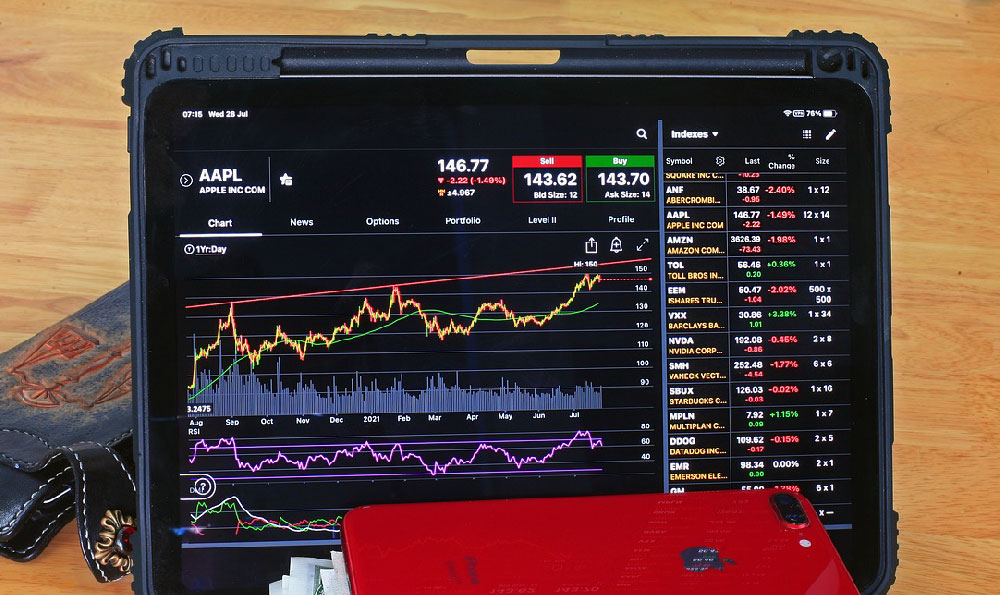How to Monetize Your Car: Can You Really Make Money Driving?
The allure of turning your personal vehicle into a money-making machine is a powerful one, especially in an era of rising living costs and the gig economy's proliferation. However, the reality of monetizing your car is a complex tapestry woven with opportunities, challenges, and a healthy dose of financial prudence. Can you really make money driving? The answer is a qualified yes, but success hinges on understanding the landscape and navigating it strategically.
One of the most readily accessible avenues is ride-sharing. Companies like Uber and Lyft have democratized the transportation industry, allowing individuals with a car, a driver's license, and a clean background check to become independent contractors. The earning potential here is largely dependent on location, demand (which fluctuates based on time of day, day of the week, and local events), and the vehicle itself. Fuel efficiency is paramount; a gas-guzzling SUV will quickly eat into profits compared to a hybrid or electric vehicle. Moreover, maintenance costs, insurance premiums (which often require a special ride-sharing rider), and the general wear and tear on the car must be factored in. The convenience of setting your own hours is a major draw, but it also means income can be inconsistent. Thorough research into local market conditions and a realistic assessment of vehicle-related expenses are critical before diving in.
Delivery services represent another significant income stream. Companies like DoorDash, Uber Eats, and Grubhub contract with drivers to deliver food and other goods from local businesses. This option can be particularly appealing for those who prefer shorter trips and less direct interaction with passengers. Similar to ride-sharing, earnings are influenced by location, demand, and efficiency. Vehicle suitability is also a factor; a reliable car with good gas mileage is essential, but the emphasis is less on passenger comfort and more on cargo capacity. Furthermore, maintaining a clean driving record and adhering to delivery timelines are crucial for maintaining a positive rating and securing more orders.

Beyond these mainstream options, niche opportunities exist. Renting out your car on platforms like Turo allows you to earn passive income while you're not using it. This can be a lucrative option, especially if you own a desirable vehicle that's in good condition. However, insurance coverage and the potential for damage or wear and tear need careful consideration. Thorough screening of potential renters and clear communication regarding usage policies are essential for mitigating risks.
Another lesser-known but potentially profitable avenue is advertising. Wrapping your car with advertisements from local or national businesses can generate a monthly income. The payment typically depends on the size and visibility of the advertisement, as well as the driver's daily commute. While this option requires minimal effort on the driver's part, it's important to research reputable advertising companies and understand the terms of the contract. Also, consider the potential impact on the car's resale value, as removing the wrap could leave behind residue or damage the paint.
However, the road to monetizing your car is not without its pitfalls. One of the most significant is the underestimation of expenses. Many drivers focus solely on the earnings without fully accounting for the associated costs. Fuel, maintenance, insurance, depreciation, and even cleaning supplies can quickly erode profits. Creating a detailed budget that accurately reflects all expenses is crucial for determining the true profitability of any car-monetization strategy.
Another common mistake is neglecting insurance coverage. Standard personal auto insurance policies typically don't cover commercial activities like ride-sharing or delivery. Failing to disclose these activities to your insurance provider could result in denial of coverage in the event of an accident. Obtaining the appropriate commercial insurance or a ride-sharing rider is essential for protecting yourself and your assets.
Furthermore, it's important to be mindful of the legal and regulatory requirements in your area. Some cities or states may require specific permits or licenses for ride-sharing or delivery services. Failing to comply with these regulations could result in fines or even legal penalties. Researching local laws and regulations and ensuring compliance is crucial for avoiding legal trouble.
Finally, safety should always be a top priority. Whether you're transporting passengers, delivering goods, or simply driving with an advertisement on your car, it's important to prioritize safe driving practices. Avoid distractions, obey traffic laws, and be aware of your surroundings. Investing in safety equipment like dash cams can also provide valuable evidence in the event of an accident.
In conclusion, monetizing your car can be a viable way to supplement your income or even generate a full-time living. However, it requires careful planning, realistic expectations, and a commitment to managing expenses and mitigating risks. Thorough research, accurate budgeting, appropriate insurance coverage, and a strong focus on safety are essential for success. By approaching this opportunity with a strategic and informed mindset, you can increase your chances of turning your car into a profitable asset. The open road to earning awaits, but only with careful navigation.















